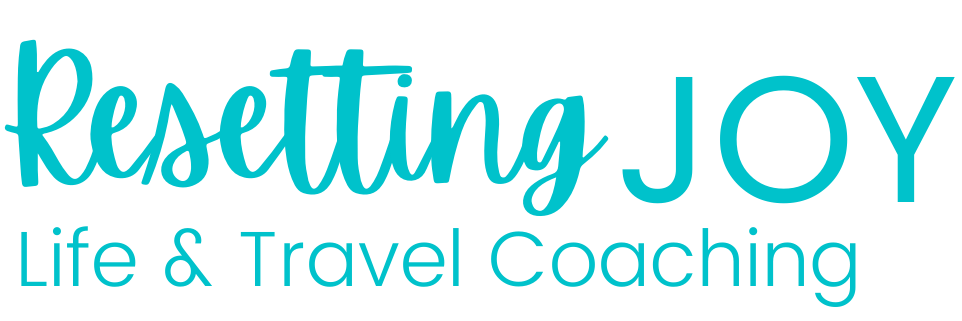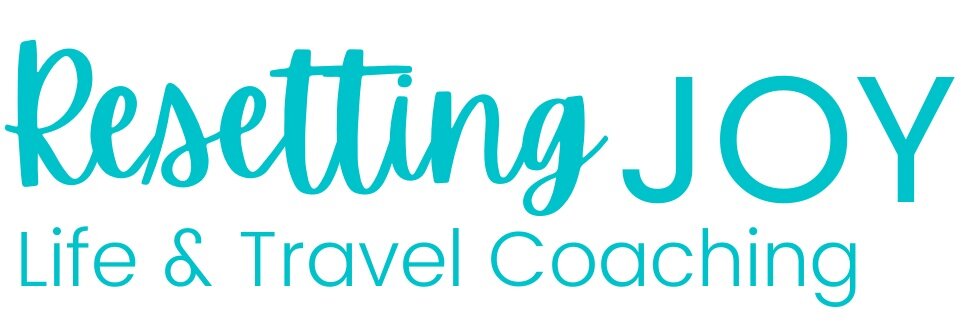The Value of No
For the last 2 weeks, we’ve been discussing boundaries and for people-pleasers, they are particularly difficult.
The reason is right there in the name, you want to please other people. It makes sense too. When you were growing up and you did what you were asked, you were rewarded. When you did something thoughtful, you were rewarded. When you put the needs of others ahead of your own, you were rewarded. The external rewards varied from situation to situation but they were there, at least sometimes. (By the way, the best way to train anyone to do anything is to reward them at random intervals. That way they keep performing because they believe a reward will come at some point.)
Psychological roots of behavior modification aside, you may also like to help others because you receive an internal reward when you do so. Let’s be honest, it feels GREAT to help someone else with a problem. When you help, you can frequently see that you’ve made a difference and that helps build social bonds. On a large scale, it knits the fabric of society together. So why not give to others all day, every day? Look at all the good it is doing!
Yes, it does good and I’m not arguing against putting good into the world. We need lots of good, especially now. The thing I want to caution you about is the tendency for people pleasers to do so much for others that they neglect their own needs and end up feeling depleted, resentful, or even guilty for not doing more.
They stay late at work to help out a coworker, but then they don’t get to eat dinner with their family before their evening volunteer meeting. They create magical holidays for everyone around them (friends, neighbors, family members, the people at the post office) and are then too exhausted from all that giving to enjoy the holiday themselves. They clear the way for everything to go well for their family, clean the house constantly, and volunteer for tons of great causes but never have a chance to relax in that beautiful tub that charmed them into buying the house in the first place.
See where I’m going here? Giving too much time and energy to others can mean there’s not enough for you. IT’S OK TO TAKE CARE OF YOU TOO! By the way, there’s no judgment in giving so much. However, if you want to break the cycle, I’d like to introduce you to a tiny little word that is going to be your new best friend.
No.
That’s it.
Two small letters, one whole sentence.
If you are asked to do something, anything, you may say no. You needn’t follow up with an explanation, nor do you need to feel guilty for saying no. Here’s why.
Every single time you have said yes to something in your life you have also said no to something else.
Yes, I’ll stay late. = No, I will not eat dinner with my family before my 7 PM meeting, in fact, I might not eat at all.
Yes, I’ll spearhead the fundraiser. = No, I won’t be able to go on a date night for the next several months.
Yes, I’ll run the scout troop. = No, I won’t have Wednesday nights available for other activities this school year or next.
When you say yes to something, you say no to other things. You’re always giving something up simply because you have a limited amount of time, as do we all.
There is sanity in the word no.
You may say no when you don’t wish to give up the other things. By the way, a thing you don’t want to give up can be free time. You don’t have to be scheduled to do something all day, every day. However, if opportunities arise that suit you, your needed free time, your core values, and honor your boundaries then say yes and enjoy them!
The point I’m trying to make is that you have a choice. You may say yes whenever you please but you also may say no. Remember, the most compassionate people have the firmest boundaries. When they choose to say yes, they are able to give with their full hearts and they are free of resentment, guilt, or exhaustion. When they help other people, it truly feels wonderful for them and for everyone around them.
Have you ever wondered how happy you really are and what you could do to change your happiness level? Get the assessment to find out!




